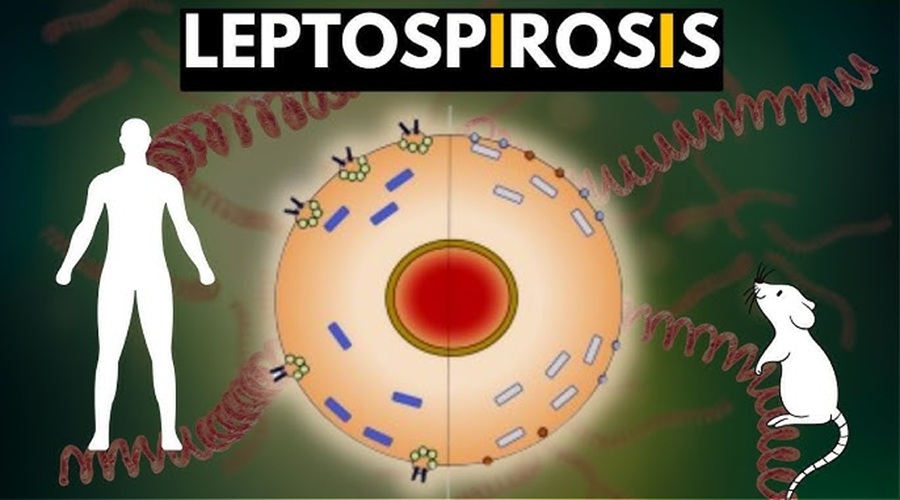Public Urged to Take Precautionary Measures Against Leptospirosis
The Ministry of Health, Wellness and the Environment is advising the public to take all necessary precautionary measures to protect themselves and their family members against Leptospirosis across St. Vincent and the Grenadines. From January to September 2025, the Ministry has observed an increase in the total number of confirmed cases of Leptospirosis.
For the period January 2024 to October 10, 2024, St. Vincent and the Grenadines recorded nine (9) cases of Leptospirosis. During the same period in 2025, SVG has recorded twenty-one (21) cases and five (5) deaths from confirmed Leptospirosis.
Leptospirosis is a bacterial disease that affects both humans and animals, including rats, dogs,
pigs, and iguanas, among others. The bacteria are spread primarily through the urine of infected animals, which can contaminate food, water, and soil. The bacteria can survive for weeks to months in moist environments.
Individuals may become infected through:
- Contact with contaminated water, food, or soil that has been exposed to the urine or body fluids of infected animals.
- Direct contact with the body fluids of an infected animal.
- Eating unwashed fruits or vegetables or drinking water contaminated with urine from infected animals.
Symptoms of Leptospirosis may include:
- Fever
- Headache
- Chills
- Muscle or body aches
- Nausea or vomiting
- Diarrhea
- Stomach pain
- Yellowing of the skin and eyes (jaundice)
Anyone experiencing these symptoms is strongly encouraged to seek medical attention immediately. To reduce your risk of complication or death, the Ministry urges the public to:
- Wash all fruits and vegetables thoroughly before consumption.
- Practice good food-handling techniques, especially when preparing meat, fruits, and vegetables.
- Wear protective clothing (such as boots and gloves) when working outdoors or handling animals.
- Keep food and drinking water away from areas where rodents or animals may urinate.
- Store food properly and dispose of garbage promptly to discourage rodent activity.
Individuals at higher risk such as farmers, veterinarians, animal handlers, butchers, and sanitation or sewage workers should take additional precautions:
- Wash hands frequently with soap and running water.
- Use appropriate personal protective equipment (PPE) including gloves, boots, and eye protection.
- Clean and disinfect surfaces and equipment regularly.
- Vaccinate pets against Leptospirosis and isolate any sick animals.
- Implement measures to control rodents in and around work areas.
Vincentians are urged to remain vigilant, particularly during this rainy period, and to take preventive actions to safeguard themselves, their families, and their communities.
The Ministry of Health, Wellness and the Environment will continue to monitor the situation closely and provide updates and guidance as more information becomes available.





